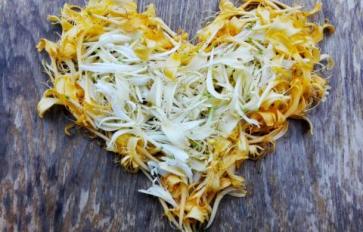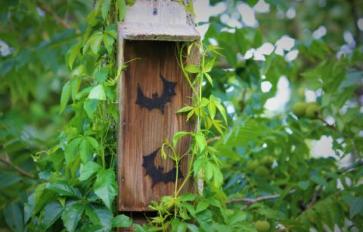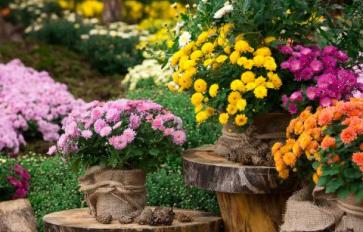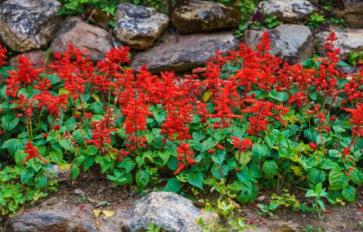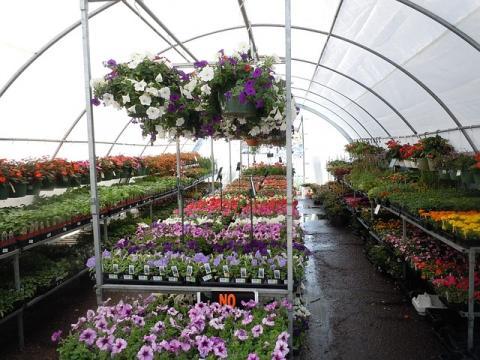
2014 saw public outrage as up to 51% of plants sold at Walmart, Home Depot, and Lowe's contained neonics at levels harmful to bees. What’s more concerning is these were the plants that were labeled as ‘bee friendly.’ In response to the public pressure created by these harrowing results - and a general trend toward concern for pollinators in the recent years - many larger chains have started to phase out neonicotinoids. Since Basmati.com caters to an international audience, local businesses are too vast to cover here. However, we'll provide you with some information about the biggest players in the game.
Neonics don’t have to be sprayed on plants for them to be effective; many times, seeds are soaked in the substance before the plant sprouts, so it’s impossible to tell if the plants have been treated.
Basmati.com supports buying and selling on a local level. While some of these major producers are more compliant than others, shopping locally provides an option to be more connected with your produce and plant sources, and the money goes more directly back into your community. Another bonus: your voice is heard, and local businesses may be more in sync with environmental protection. It's always best to buy local, and you'll be able to get much more information about where your plants are coming from and the process they go through before you take them home.
While these larger chains on the list are starting to come around, it's important to note that the majority of action being taken is minimal, and years out from going into effect. Here's where some corporations stand when it comes to neonics:
1. Lowe's has announced that they will phase out products containing neonicotinoid pesticides by Spring of 2019.
2. Home Depot has made a similar announcement, indicating that products containing neonics will be off of their shelves by 2018. Home Depot has already removed this as a treatment from a large majority (about 80%) of its flowering plants.
3. Ace Hardware has in many ways received the brunt of public outrage for sale of products with neonics, and have yet to confirm a date that this phase-out will occur. In response to public pressure, they have indicated they, at some point, will phase out neonicotinoid pesticides. The Spring of 2019 has been suggested, but has yet to be confirmed.
Most importantly, make sure to ask the manager of the garden department if seeds or plants are treated with neonicotinoids. The authority of plants as safe for pollinators has already been compromised.
It is important to note that neonics affect the environment even when applied to non-flowering plants. Part of what make neonicotinoids so harmful is that they are absorbed into the entire infrastructure of the plant. This means that any animal or insect that feeds from the plant (say a deer eats a leaf or another insect munches on the stem) becomes affected by the chemicals. The negative effects of neonics reach beyond those who drink the nectar and collect pollen from the plants.
Public pressure on larger businesses and support of local companies who offer more direct sources can go a long way for pollinators and your community.




